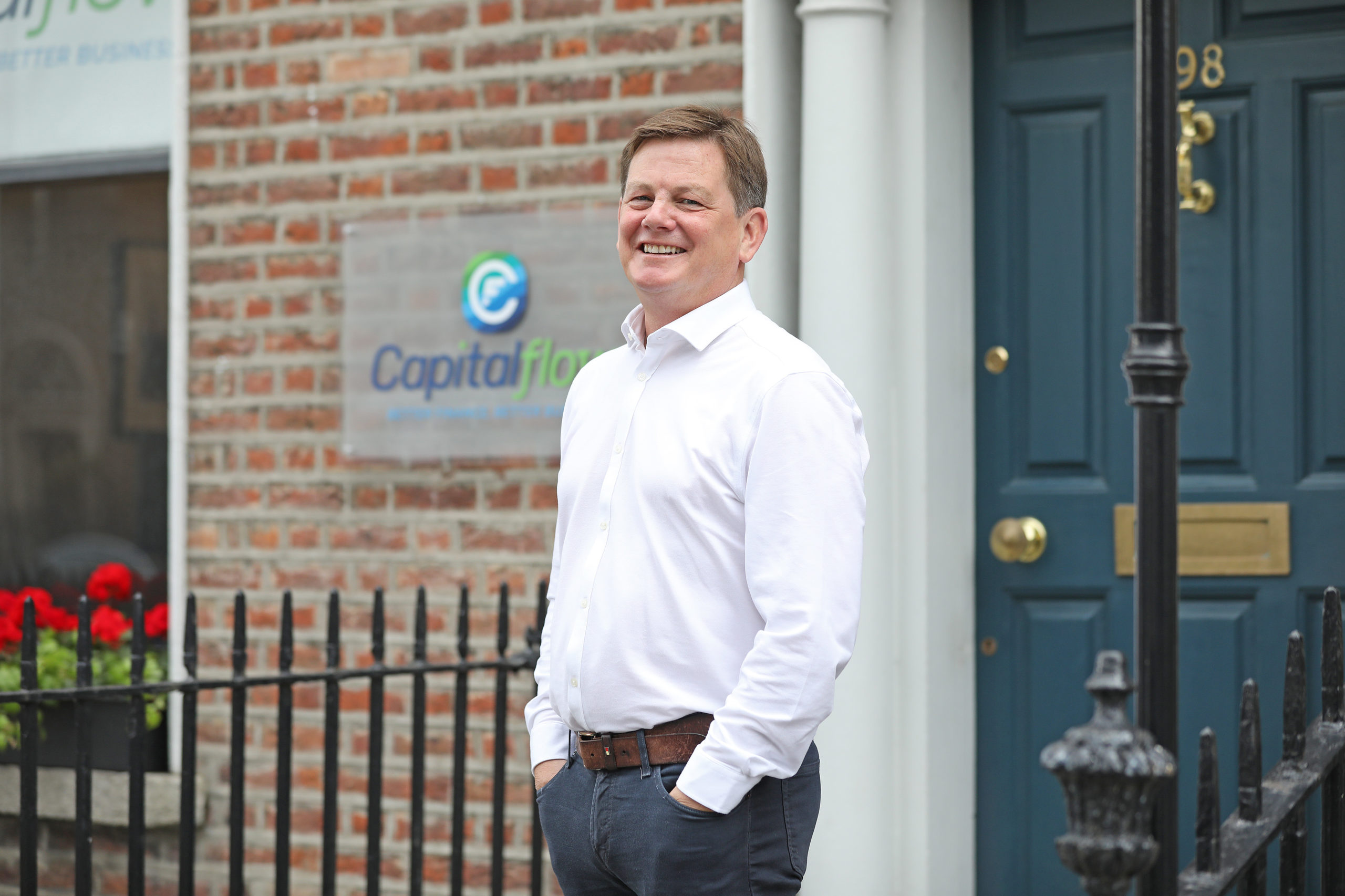
- Dutch regulator has given the green-light to Capitalflow’s acquisition by Dutch fintech
bunq. - Capitalflow’s ambitious plans to grow its loan book to €1.2bn over the next three years
is now a realistic target - Funding will be available across Capitalflow’s entire suite of finance products
Dublin, 13th December, 2021: Capitalflow Group, Ireland’s fastest growing specialist business lender, today announces that, the acquisition of the company by Dutch fintech bunq, has been approved by the Dutch regulator, making their loan book target of €1.2bn over the next three years a realistic aim.
bunq has been the only self-funded challenger bank to branch into 30 European markets
without any venture capital funding. As part of the approved deal, bunq has raised its first
external capital, agreeing a €193 million funding round with British private equity firm
Pollen Street Capital, which values bunq at €1.6 billion. Continuing its strong growth, bunq has
applied for an Irish Branch earlier this year, to allow it to offer more products and services in the Irish market.
This exciting acquisition allows Capitalflow to grow its business model without the associated
expense of in-branch banking. So far this year Capitalflow has grown its workforce by 20 to
70, and the company believes that this deal will lead to the creation of some 50 additional
positions over the next three years.
To date, Capitalflow has invested €2m in its loan management and digital platform systems
making it far more convenient for its customers to do business with it. The acquisition by bunq
means that this innovation is set to continue, and also means that Capitalflow can offer its full
suite of finance products at more competitive terms to customers nationwide.
Commenting on the completion of its acquisition by bunq, CEO of Capitalflow Ronan Horgan
said: “We have seen a considerable increase in demand for funding from Irish SMEs in the
construction, distribution, rental, retail and manufacturing sectors in recent times. This
merger is excellent news for our customers as, in the first instance, both Capitalflow and bunq
have a shared ‘customer and user first’ approach and access to bunq funding means we can
offer more competitive terms .
“But this deal represents something more for businesses in Ireland – it is something of a game
changer. bunq is one of Europe’s leading digital banks and its digital capabilities will allow
Capitalflow to continue to digitise our business model. Through this innovation we will grow
our business while keeping our costs down, ensuring we are well positioned to challenge
larger, more traditional banking institutions, creating a more competitive marketplace for
Irish businesses looking to finance growth.”
“We’re truly excited to welcome Capitalflow into the bunq family. Like bunq, Capitalflow has
a laser focus on serving its users and values sustainability highly. Together, we look forward
to expanding the bank of the Free across Ireland and the rest of Europe.” said CEO of bunq,
Ali Niknam
Click here for further press.
About Capitalflow Group
Established in 2016 and led by Ronan Horgan, Capitalflow is Ireland’s fastest growing
Business specialist lender. Partnering with Irish SMEs and Property Investors, Capitalflow
provides flexible finance options through its digital platform to companies looking to grow
and scale their business. Headquartered in Dublin, with offices in Santry and Baggot Street,
the company employs 70 experienced decision makers and it has advanced over €750
million in facilities to a broad range of SMEs across all sectors since formation.
About bunq
bunq was founded in 2012 by serial entrepreneur Ali Niknam (1981) after he secured the
first European banking permit in over 35 years. He set out to radically change the traditional
banking industry and was bunq’s sole investor until 2021, financing the company with
€98.7m of his own money. This provided bunq with the freedom and independence to build
a bank rooted in the wants and needs of its users. In April 2021, their deposits surpassed €1
billion for the first time, having doubled in 2019 and then again in 2020.